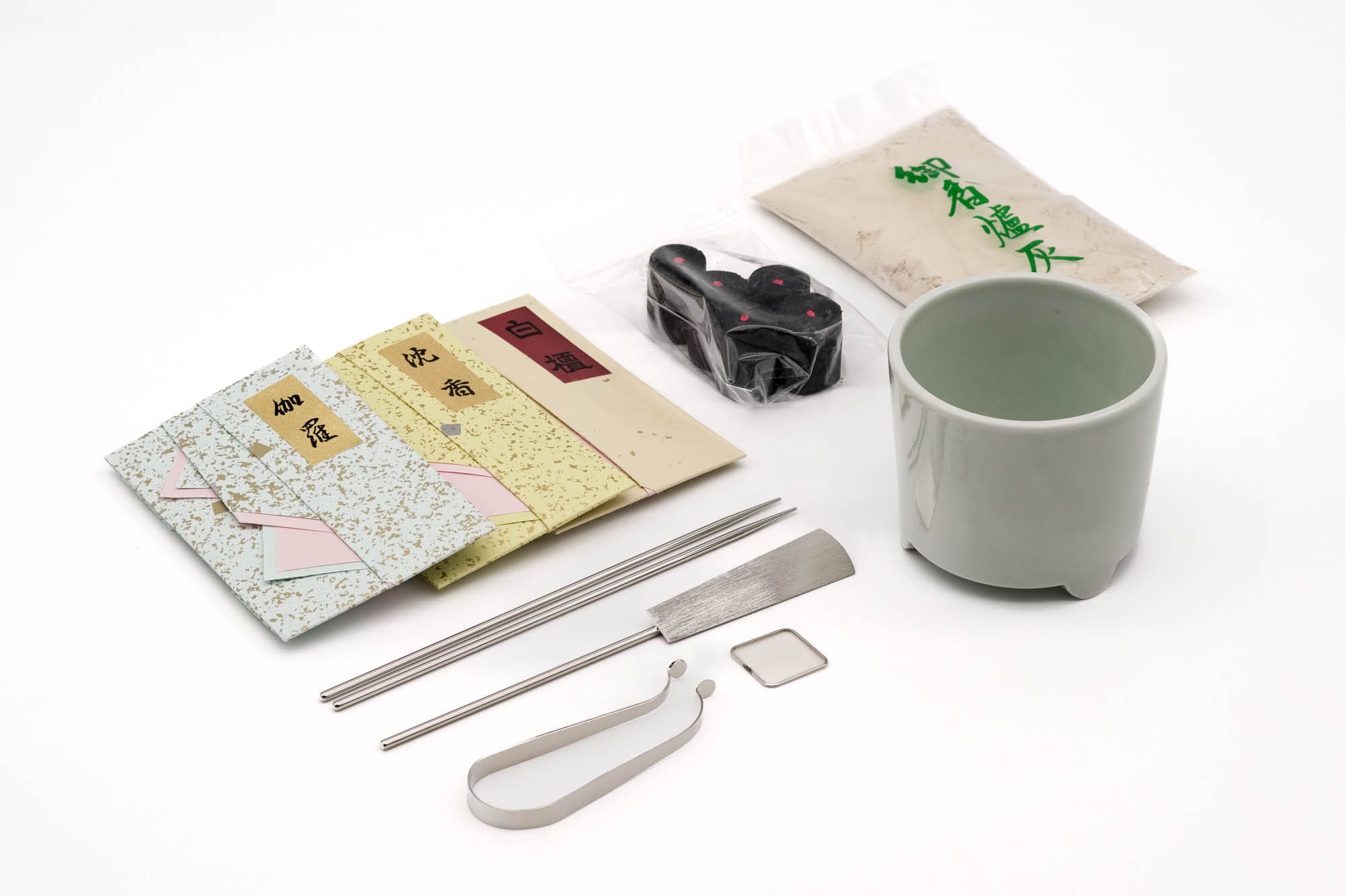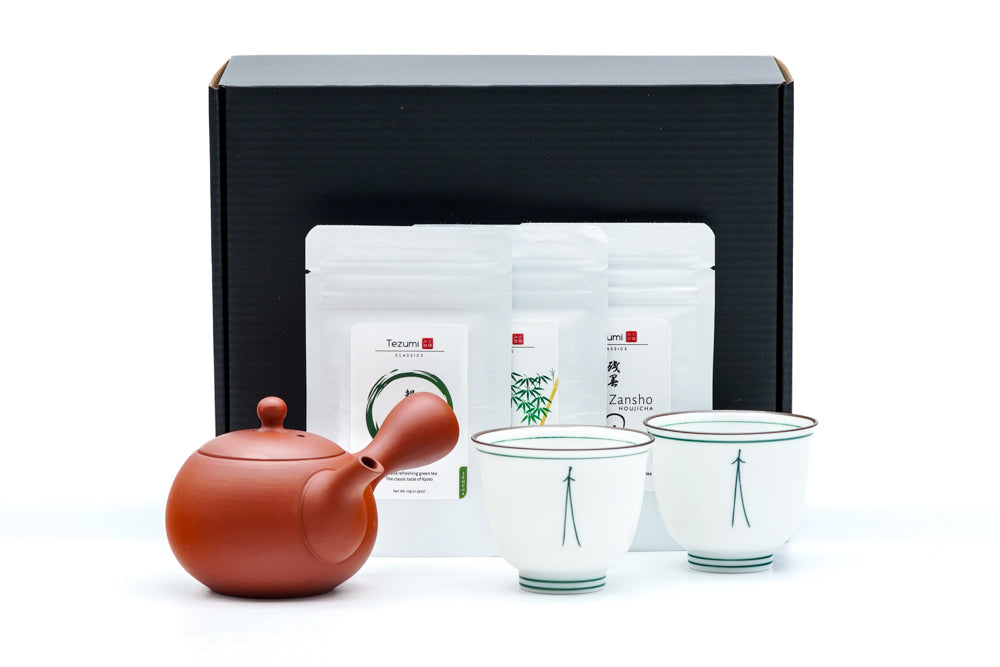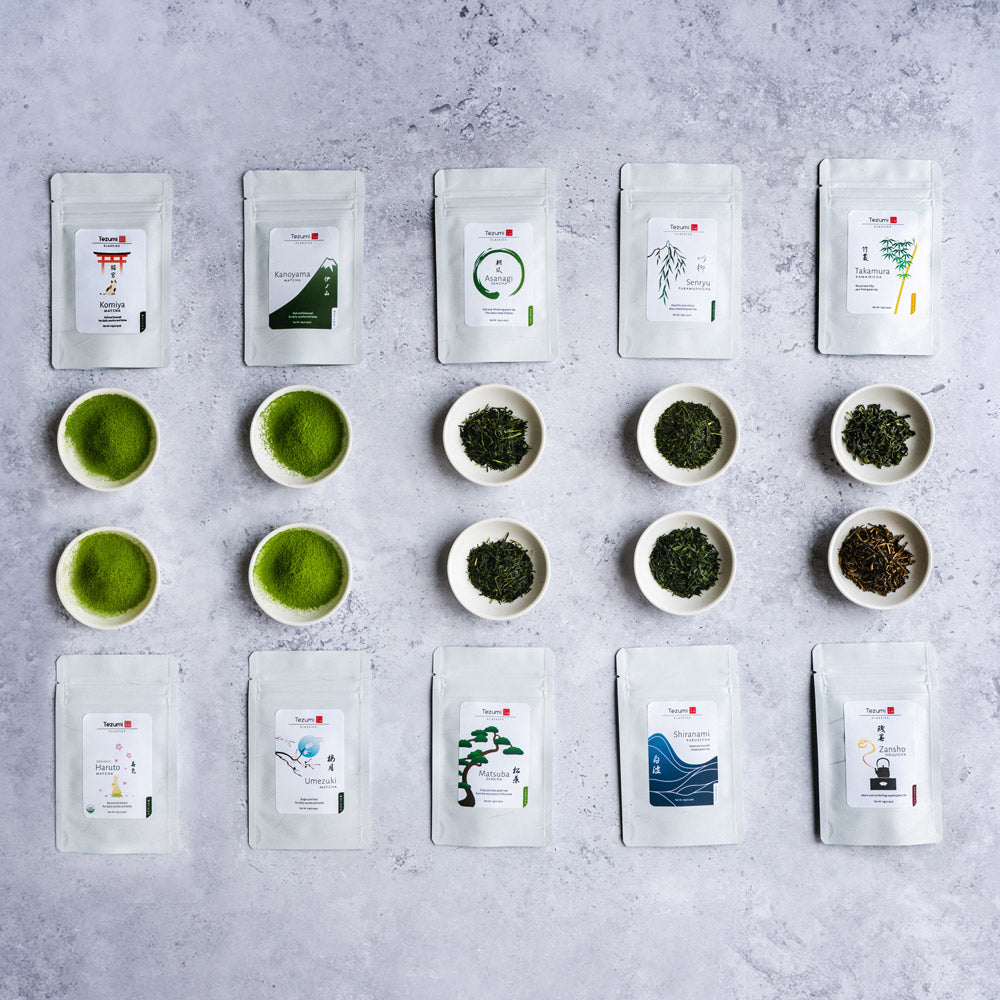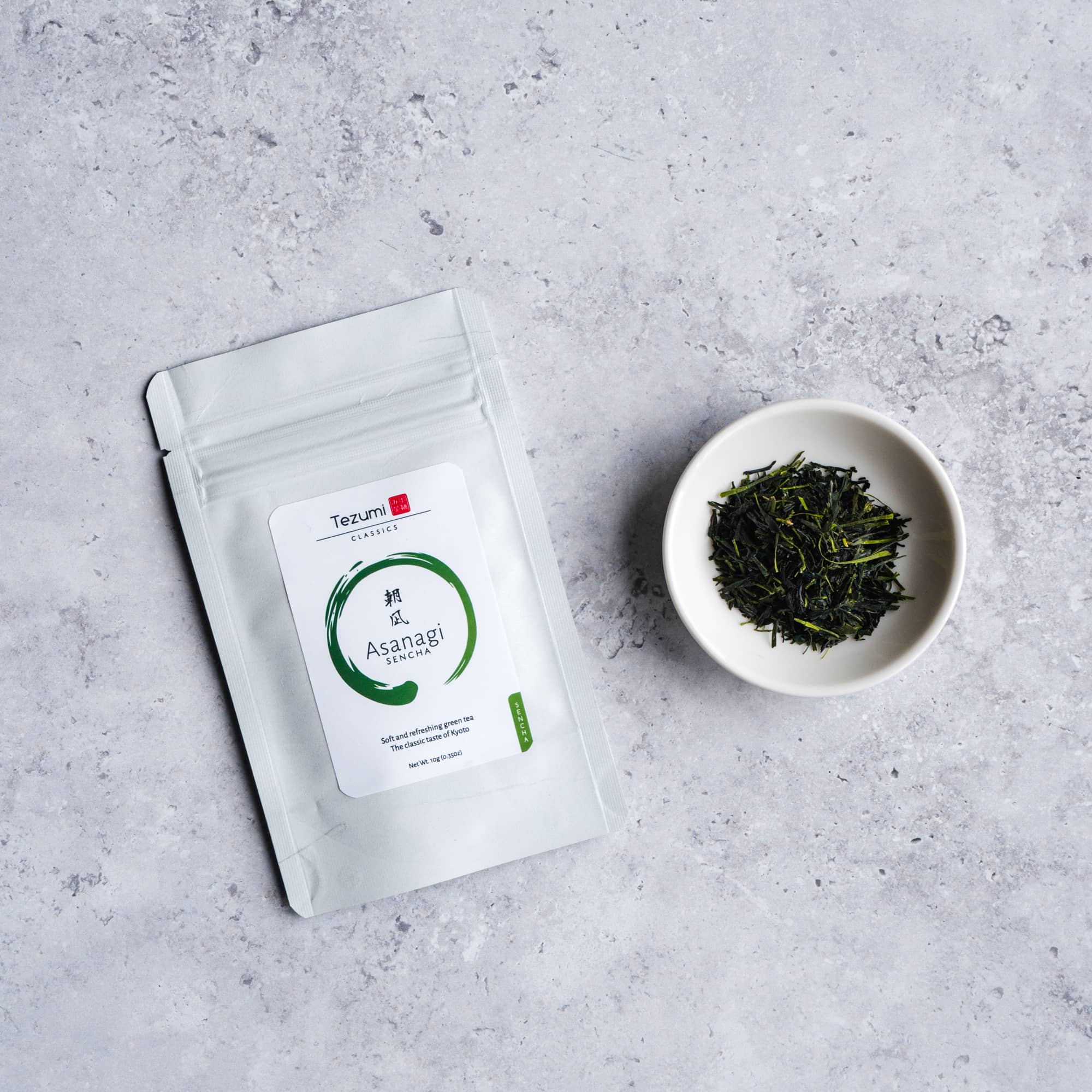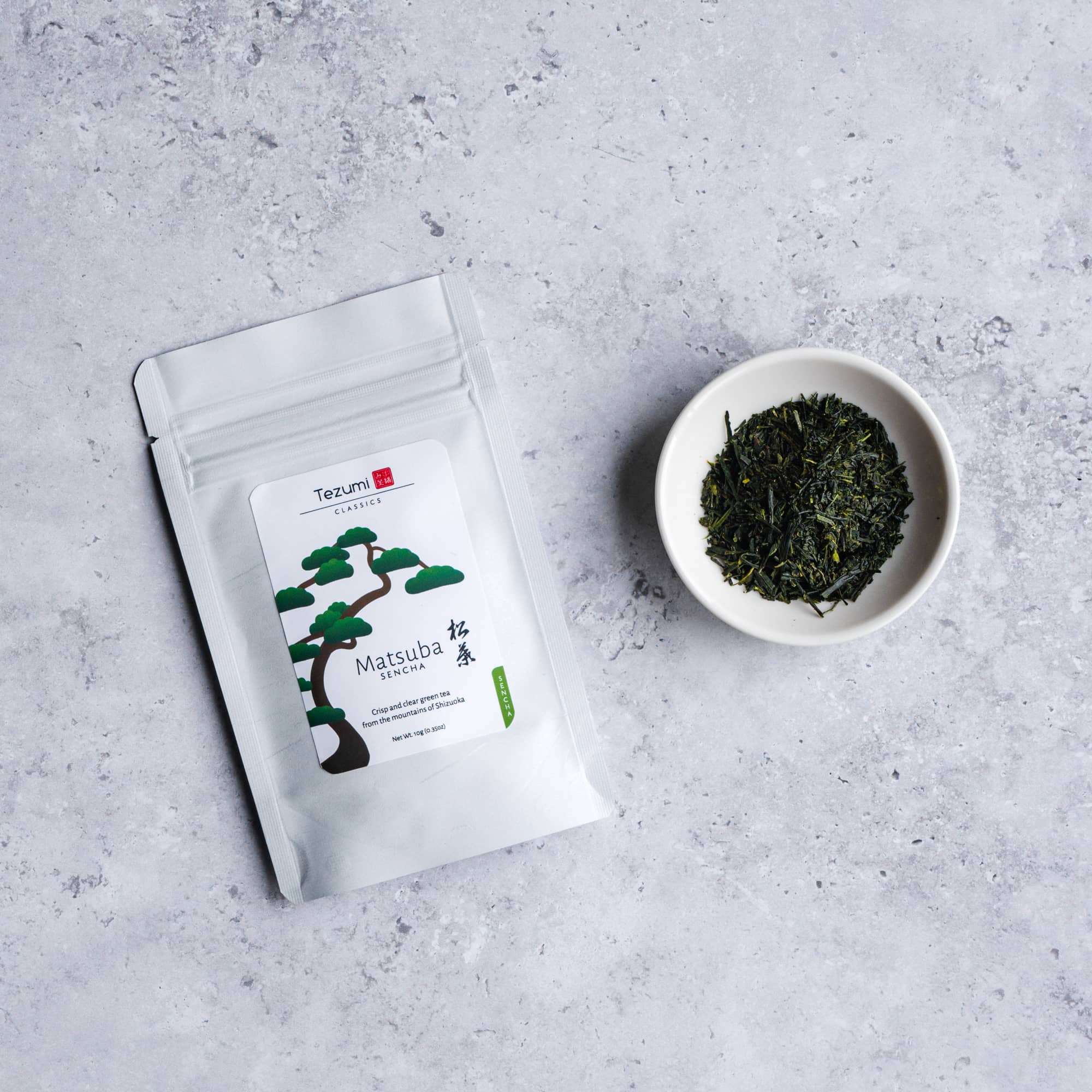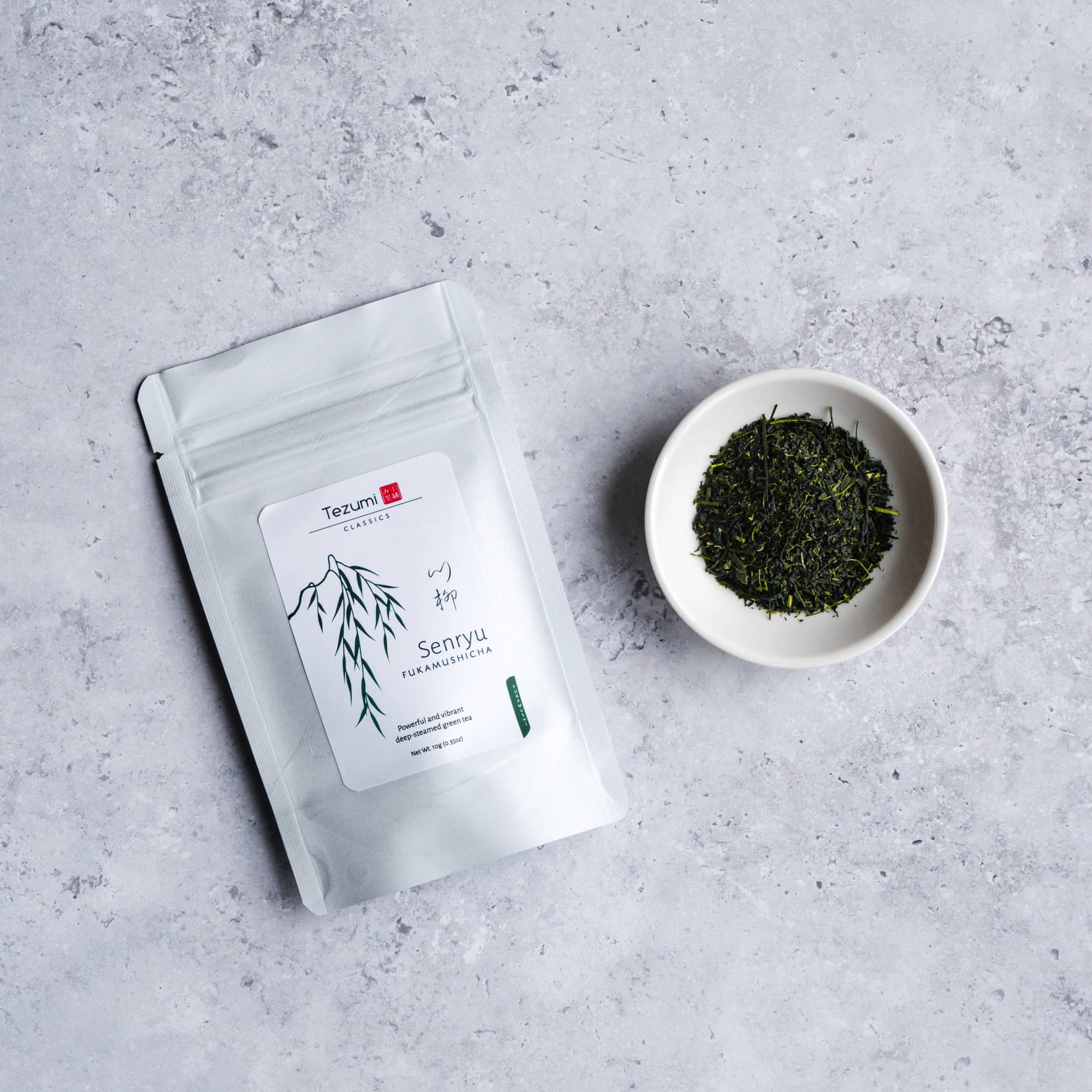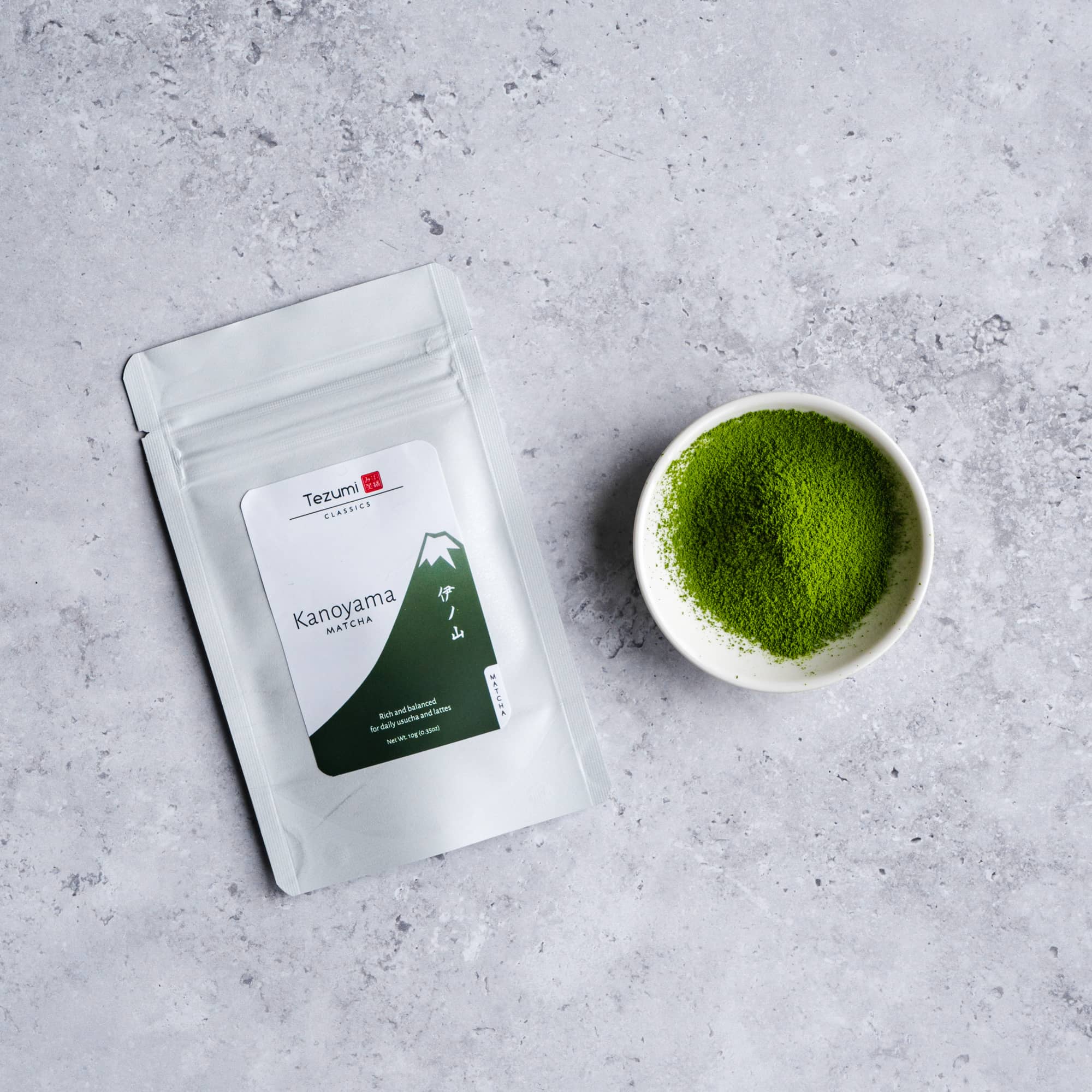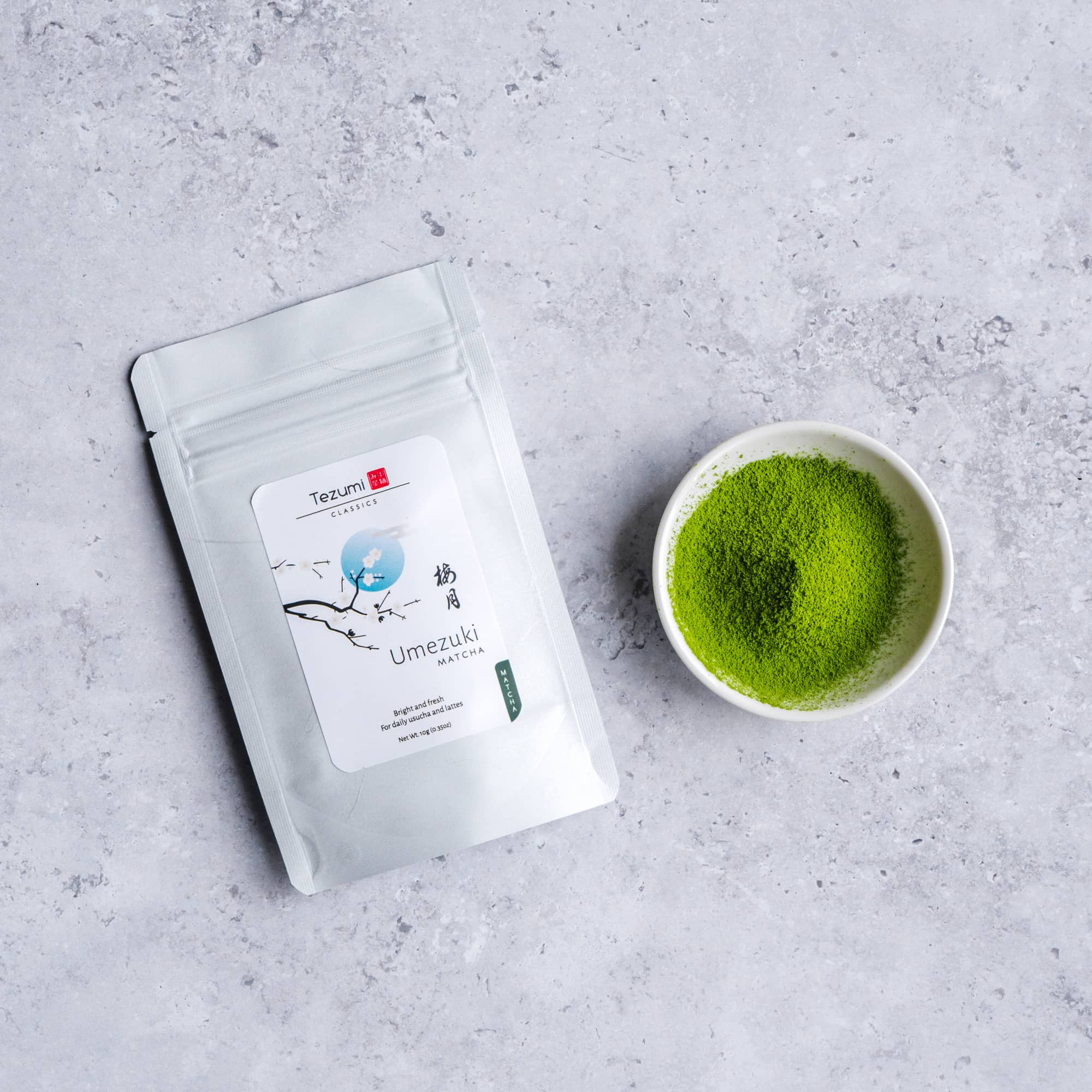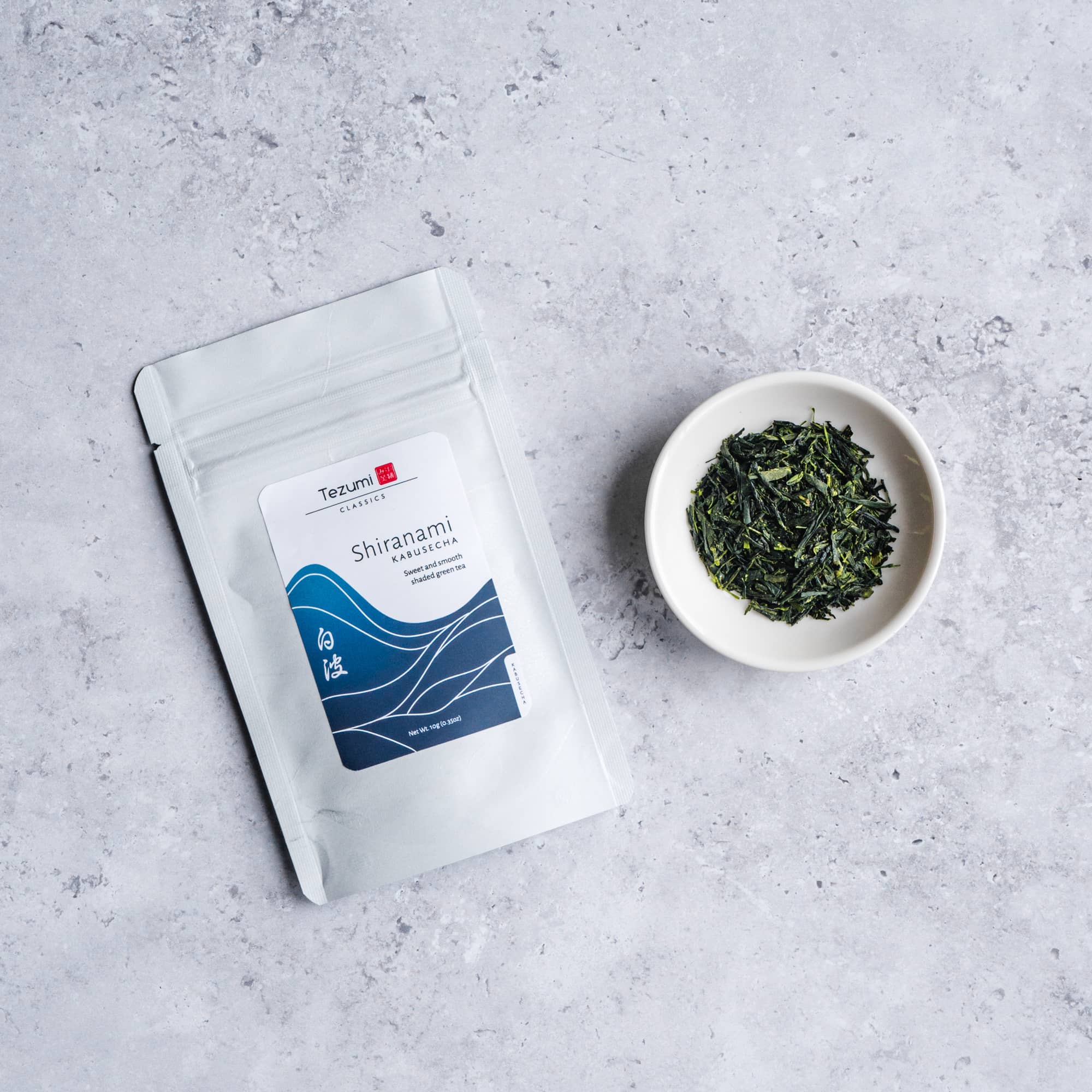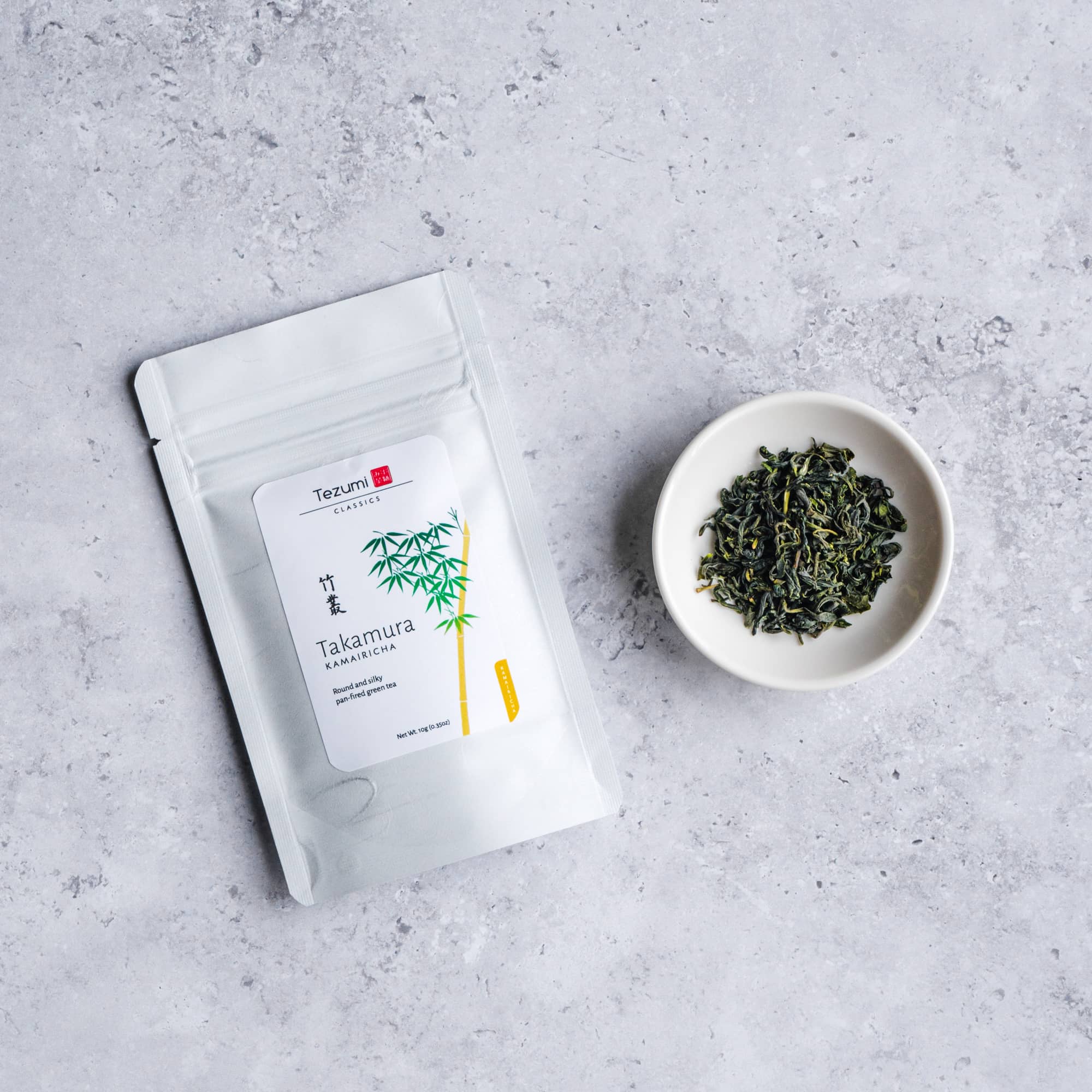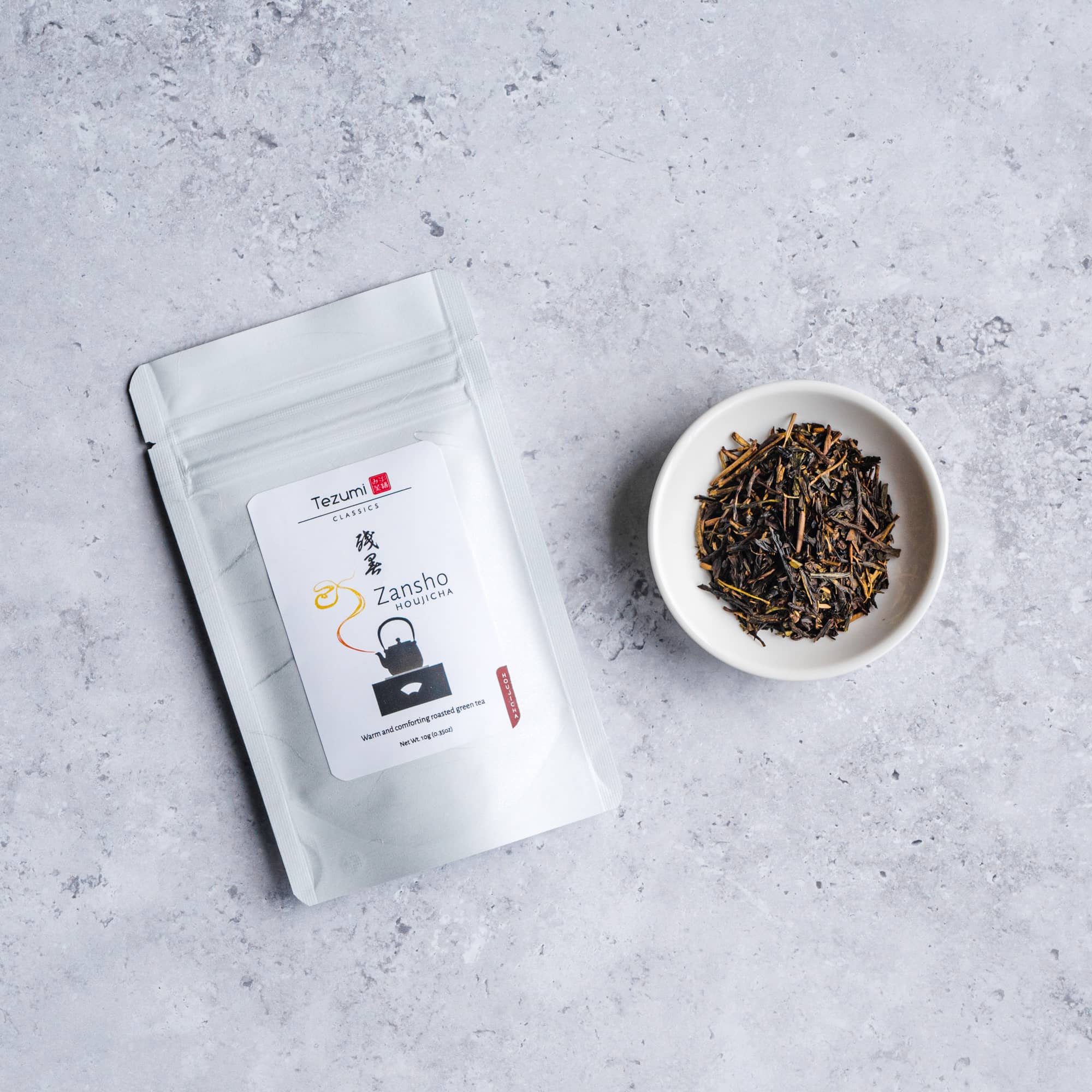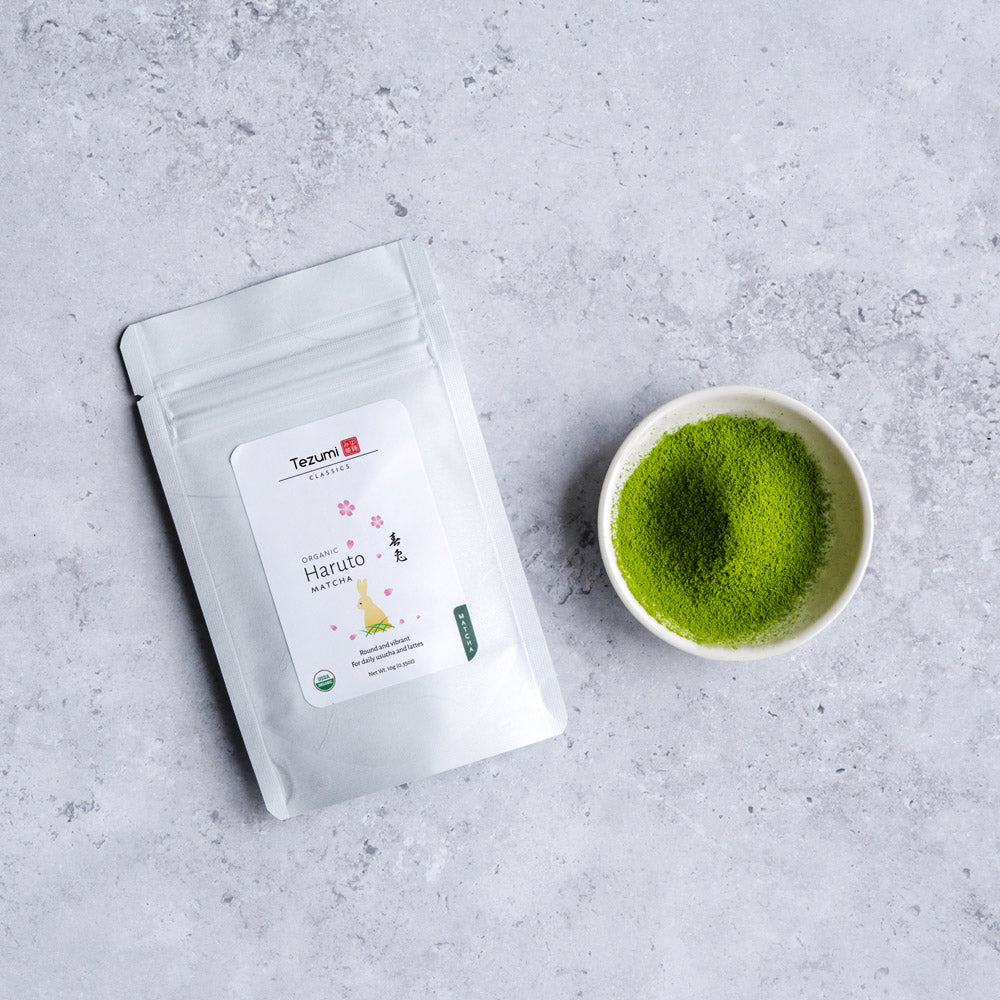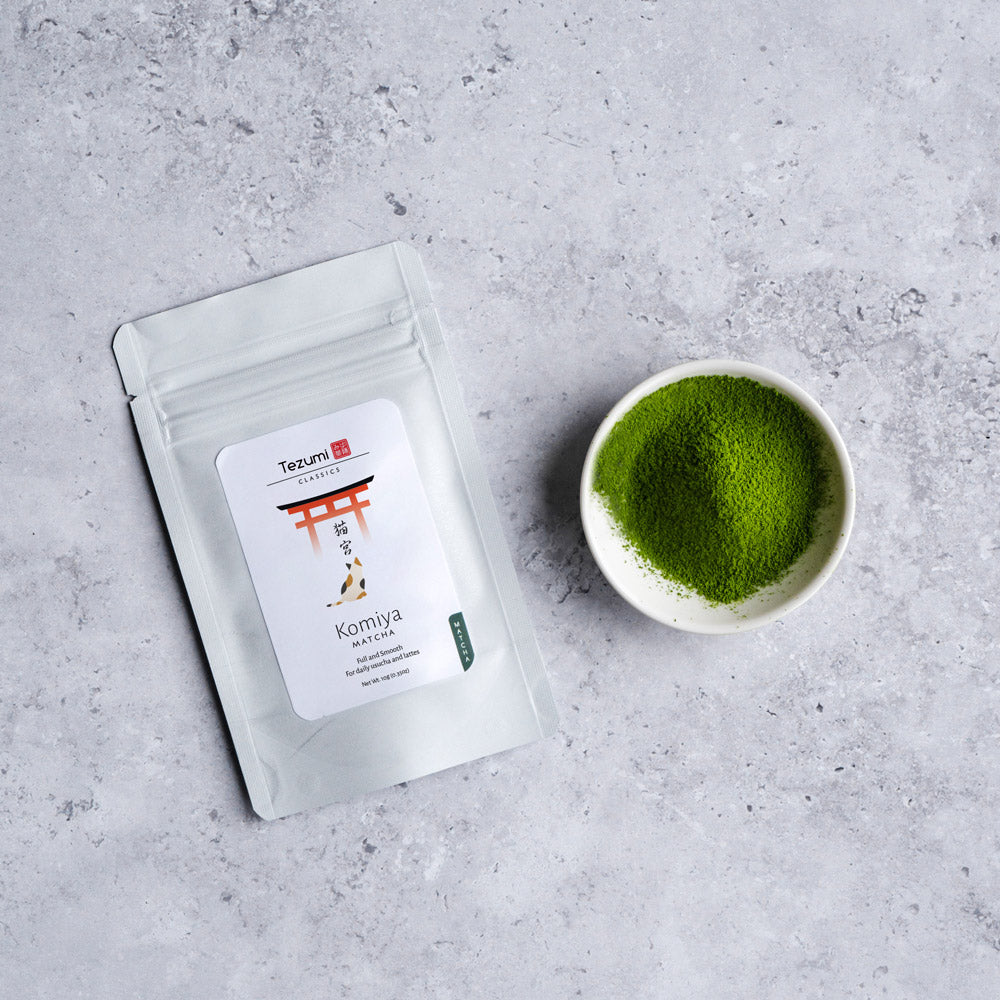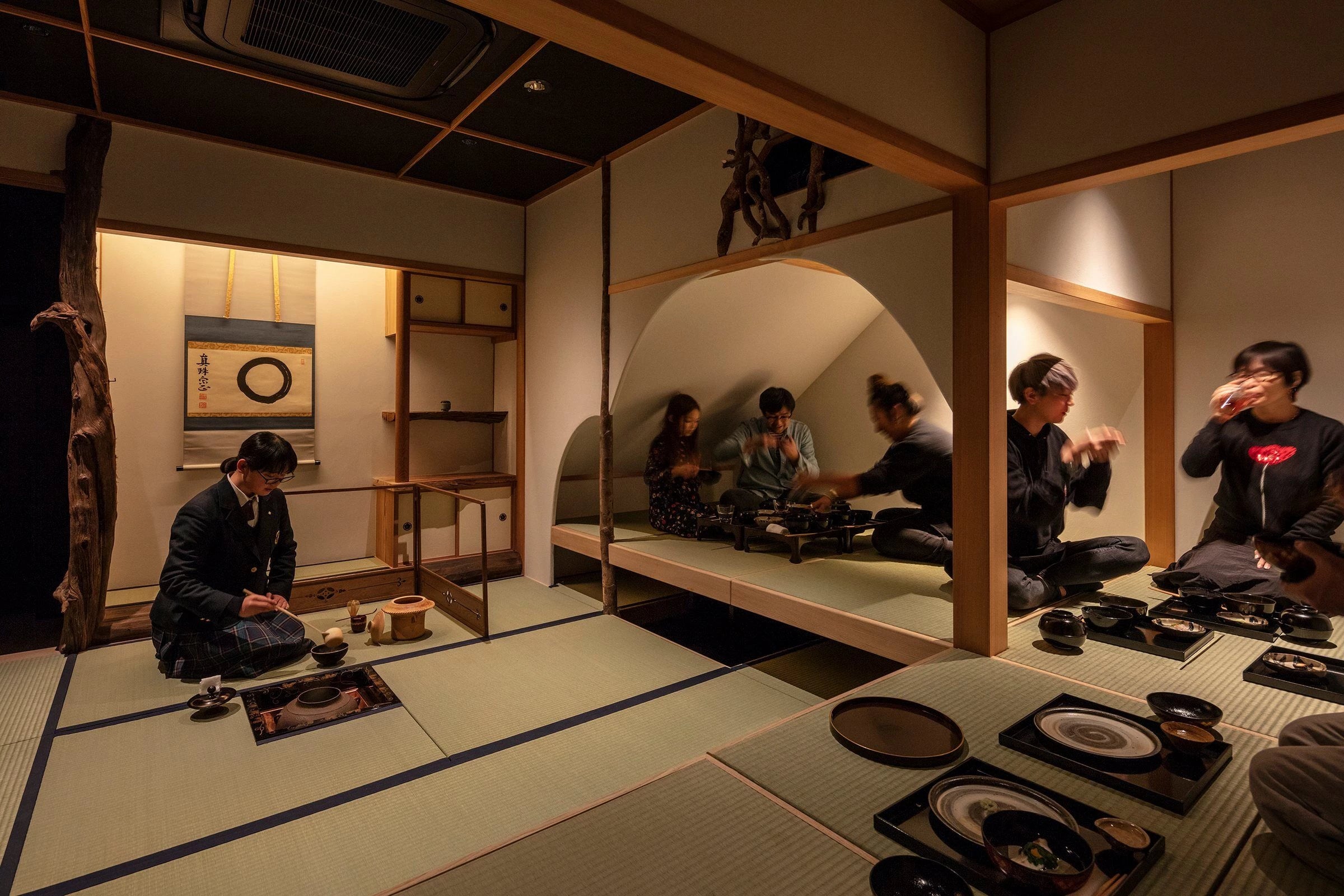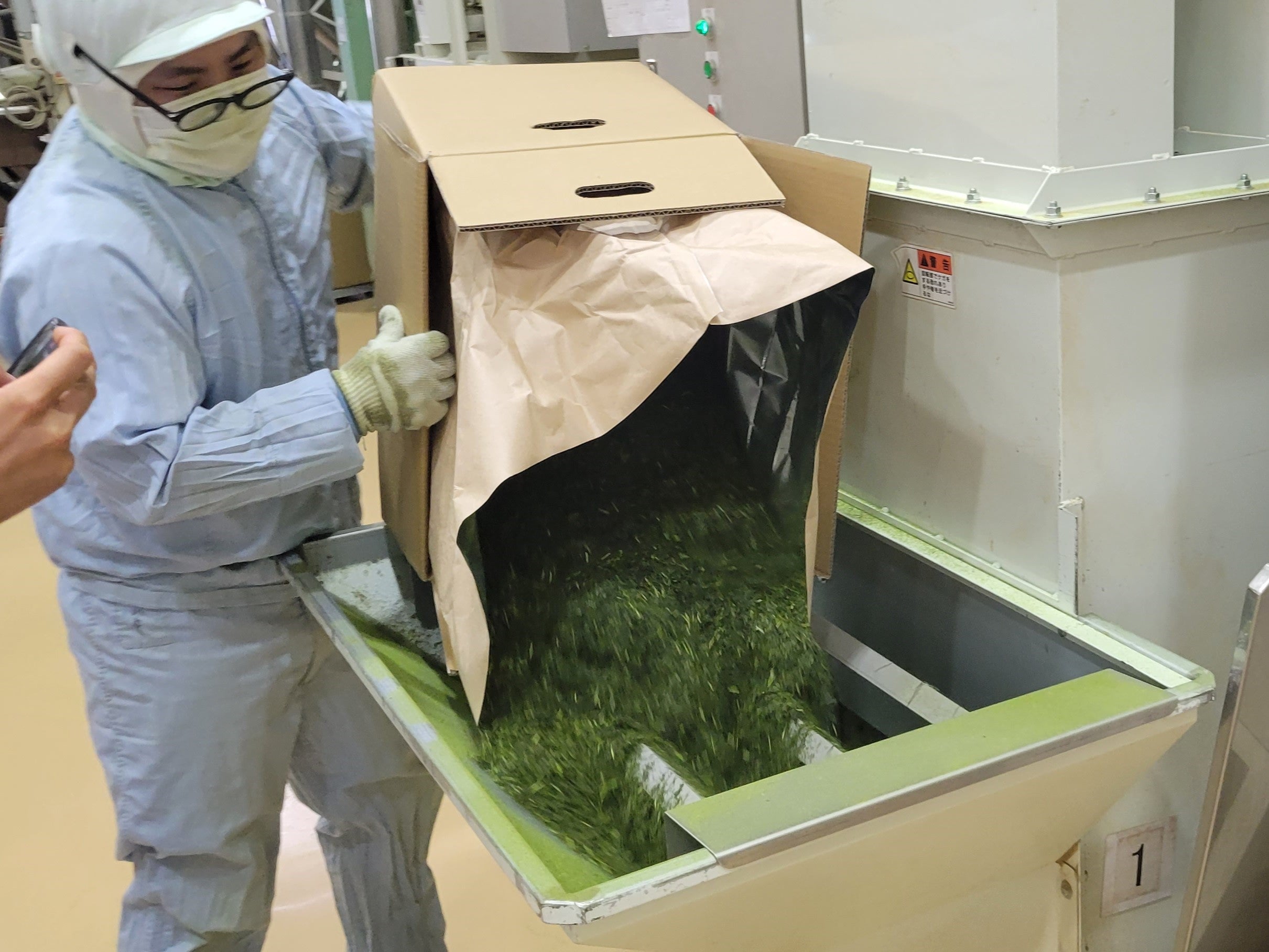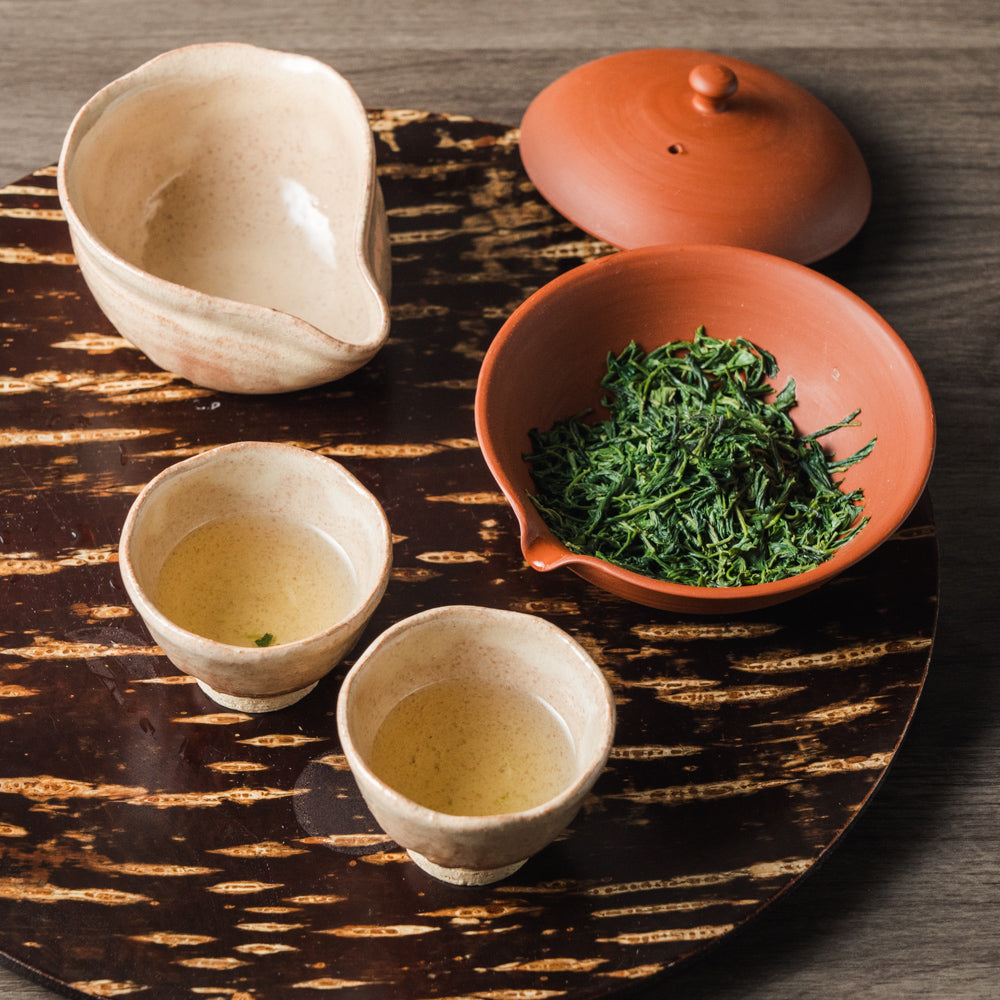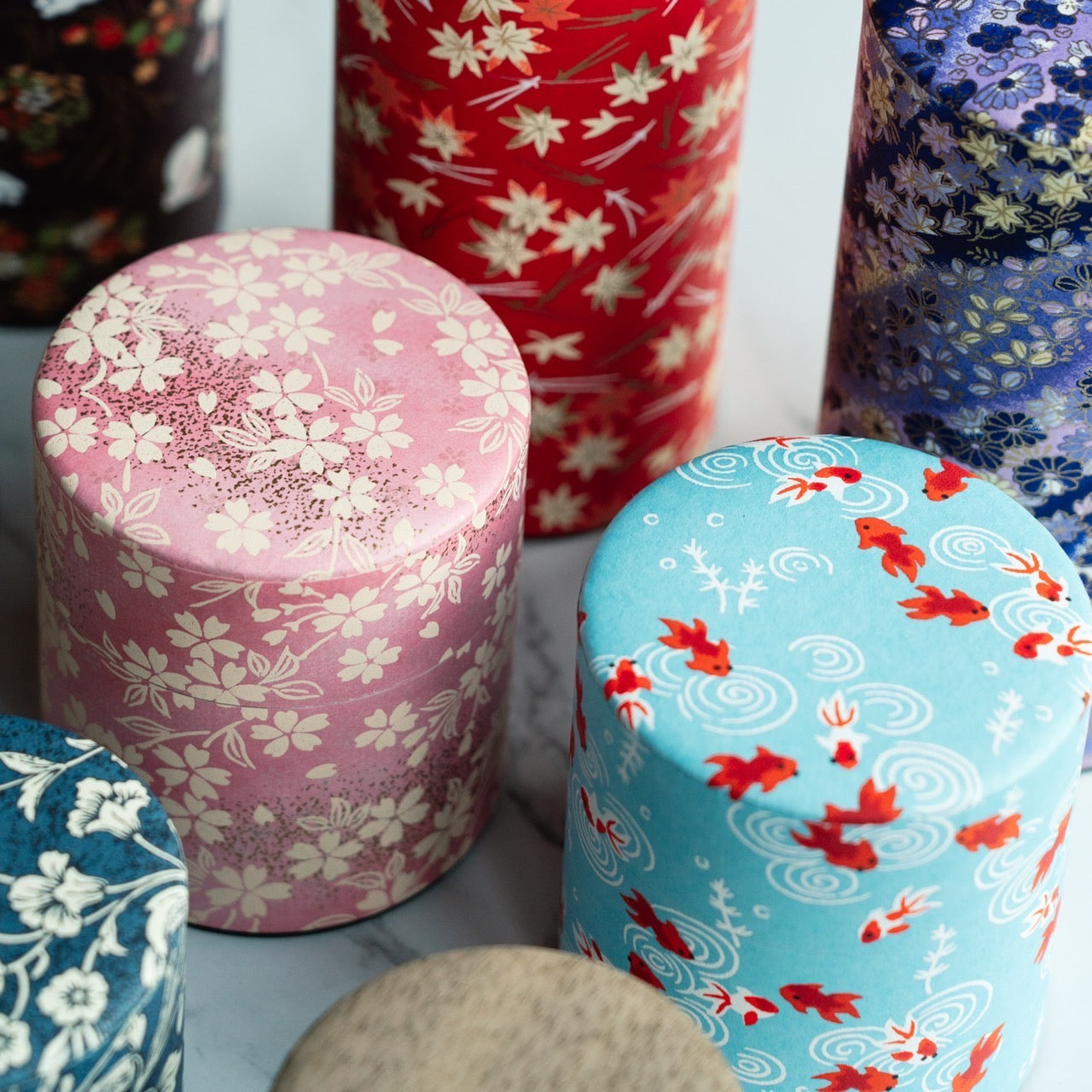This small Raku-yaki chawan (matcha bowl) features a black glaze and hand-built design.
Like all raku chawan, this bowls was handbuilt rather than thrown on a wheel. Handbuilding (or handforming, called tebineri (手びねり) in Japanese) refers to pottery made by hand without the use of a high-speed pottery wheel (instead using a low-speed hand spun wheel). As a result, the gentle uneveness and asymmetry of the bowl gives it a warm, organic feel, exuding the Japanese spirit of wabi-sabi.
One of Japan's most recognisable styles, Raku-yaki (楽焼) or Raku ware was developed by famous tea master Sen-no-Rikyu in the late 16th century. Perhaps inspired by the recently created 引き出し黒 (hikidashi-guro) technique used to produce the Seto-guro style of black chawan, Rikyu collaborated with tile-maker Chojiro to produce a new style of ware for use in the tea ceremony. Hand-formed from porous clay rather than wheel-thrown, Raku chawan are then coated in a lead glaze, fired at low temperatures, and removed from the kiln while still glowing hot. Most Raku chawan exist in two styles: Aka-raku (red raku), and Kuro-raku (black raku).
Dimensions:
9cm (3.5in) - width
6cm (2.4in) - height
200ml - capacity
Condition: Excellent
This vintage Japanese item ships from the United States






